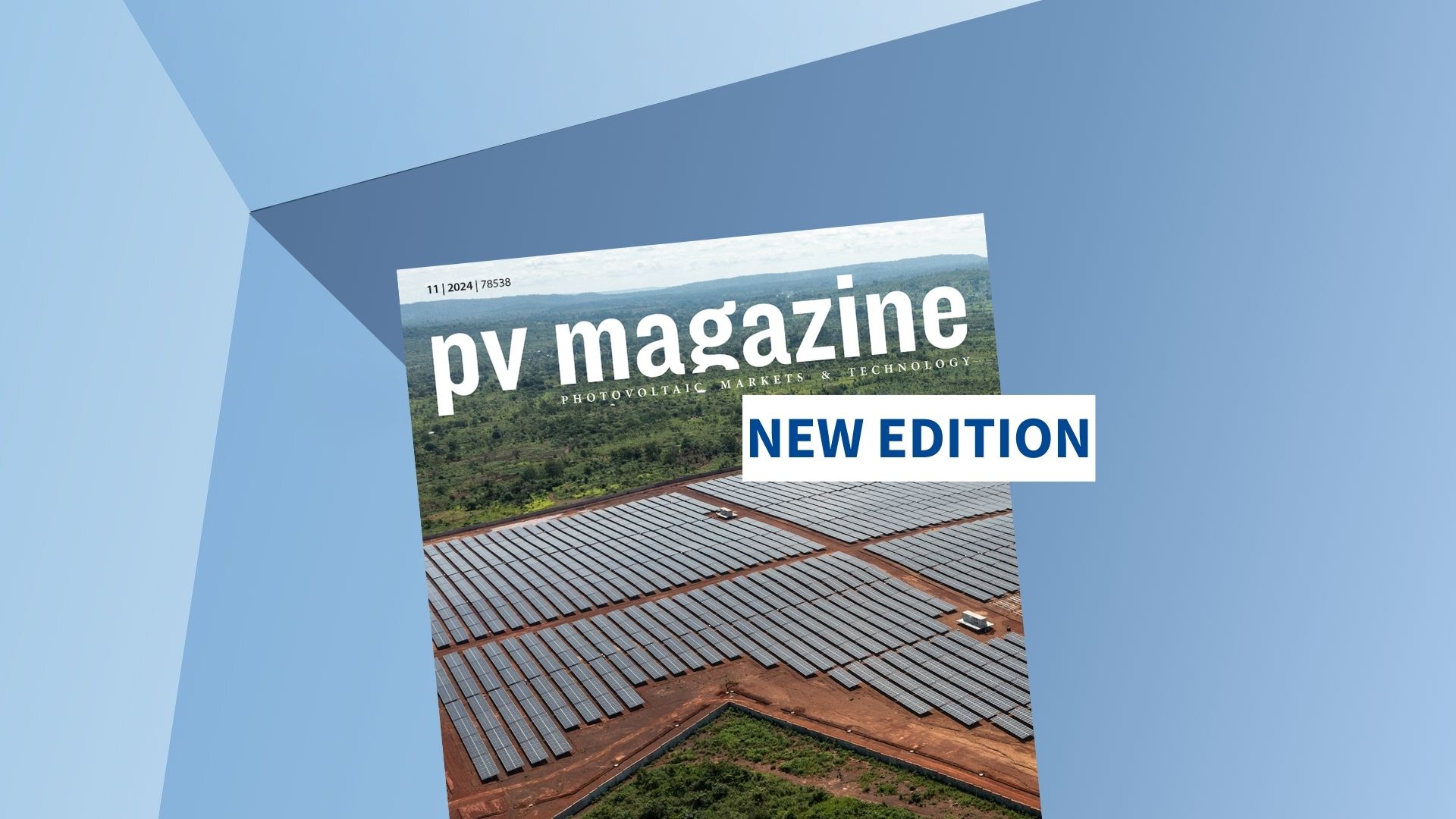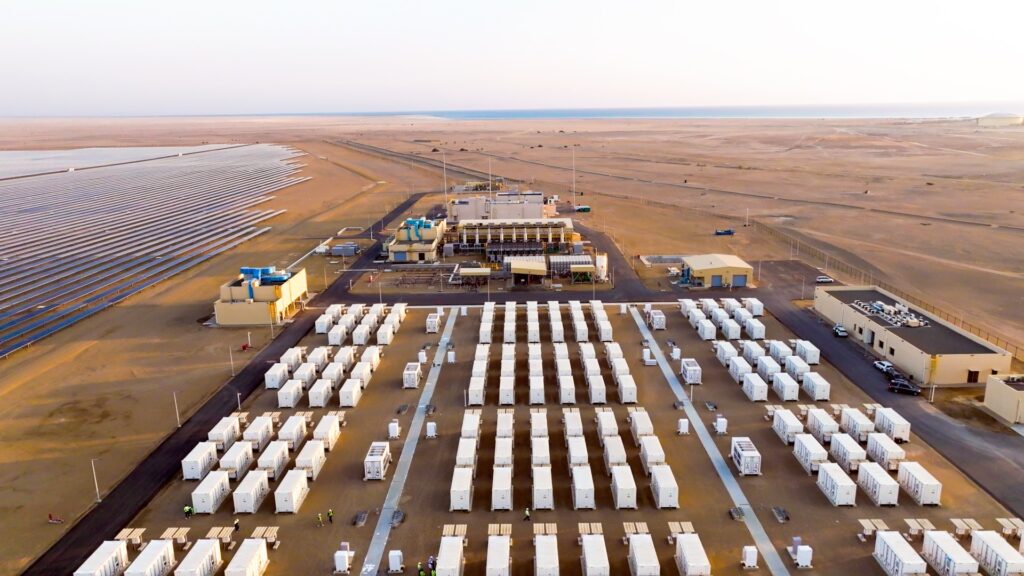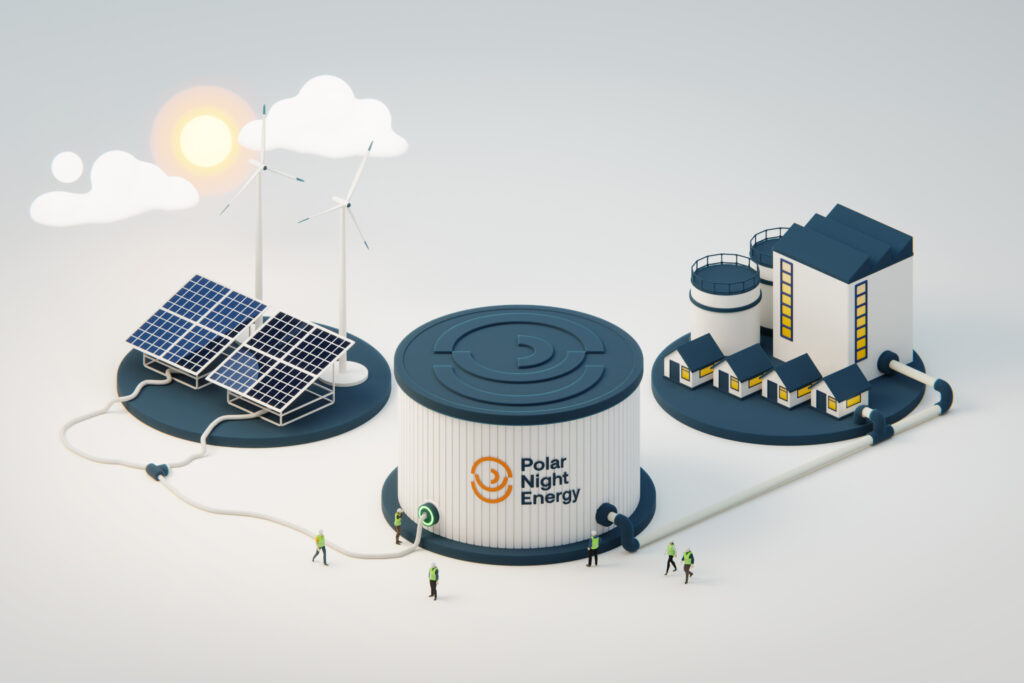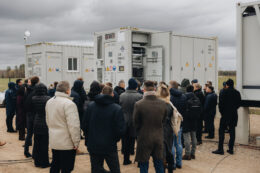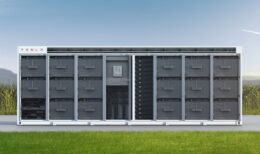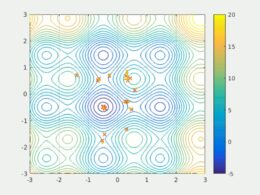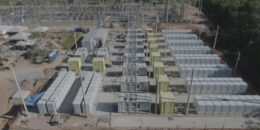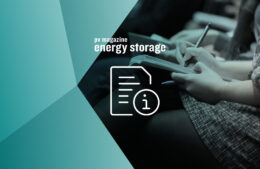Germany: Bavaria inaugurates 200 MWh battery as Baden-Württemberg prepares for big energy storage site
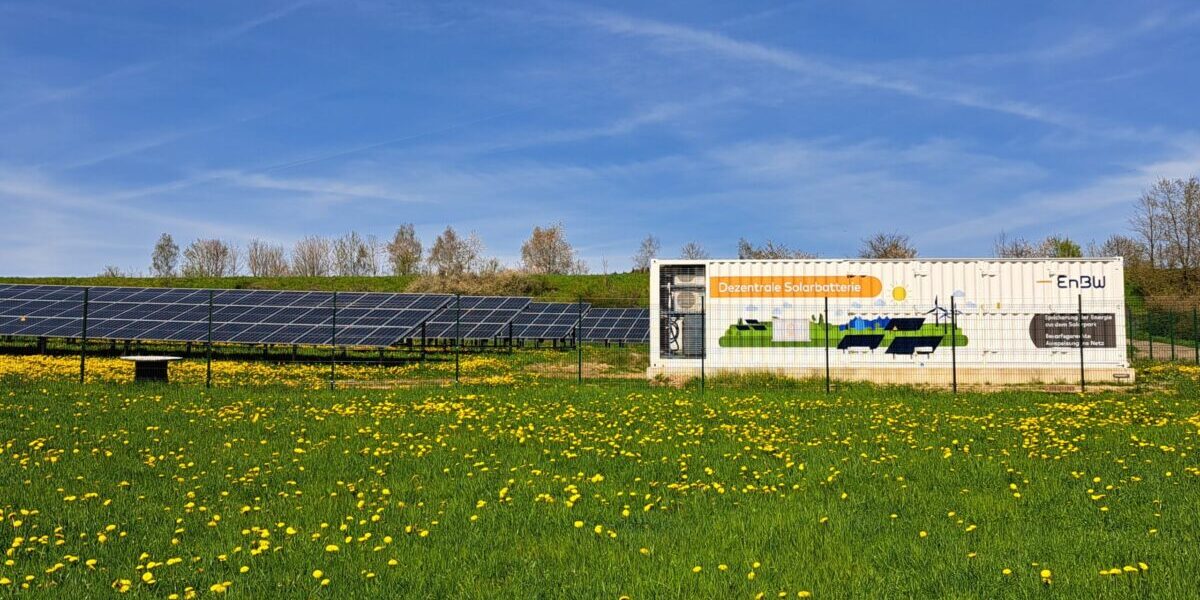
BESS are currently being built in many places in Germany. On Nov. 11, 2024, EnBW announced the construction of a 100 MW/100 MWh BESS at the Marbach power plant site, in the state of Baden-Württemberg. Construction of the lithium ferro-phosphate storage facility is scheduled to begin in early 2025 and be finished during the same year. The size of the BESS is sufficient to cover the electricity needs of around 12,500 households for 24 hours, the energy company added.
The storage facility in Marbach is to be connected to the Transnet BW transmission network and the project will be “by far the largest battery storage facility in EnBW’s generation area” to date, the company said. It is to be used to provide so-called “disposable” power on demand to compensate for weather-related fluctuation in generation from photovoltaic and wind power plants. It will be possible to adjust demand in a matter of seconds, making such batteries perfect for disposable power, along with pumped storage plants and hydrogen-capable gas-fired power plants, EnBW said, although hydrogen facilities are typically used to cover longer periods without solar and wind power.
“The timing for this project is ideal,” said Arnim Wauschkuhn, head of battery system solutions at EnBW. “Battery modules have become significantly cheaper. At the same time, the need for short-term flexibility in the energy markets is increasing.” Both factors increase the economic viability of such a large-scale project.
EnBW already operates a grid stabilization system for the transmission network for TransnetBW at the Marbach power plant site and the new BESS can use the existing infrastructure, including grid connection. In addition to large-scale energy storage projects, of which EnBW says it is planning more, the energy company is also equipping new photovoltaic power plants with BESS.
A recent report by Montel estimated the four major electricity transmission system operators in Germany have received requests for 161 GW of grid connections and the trend is rising rapidly. That figure does not even include further requests from electricity distribution system operators.
Bavaria
Swiss company MW Storage, together with the distribution network operator Bayernwerk – which belongs to the Eon Group – and Zukunftsenergie Nordostbayern (Zenob), a merger of municipalities and municipal companies, has connected a 100 MW/200 MWh lithium-ion battery-based energy storage plant to the grid in Arzberg, Bavaria. The main investors in the project are the MW Storage Fund and Reichmuth Infrastructure, also based in Switzerland. The official inauguration took place on Nov. 8, 2024, in the presence of Bavaria’s prime minister, Markus Söder.
The project is part of the “WUNsiedler Weg Energie” of the Wunsiedel municipal utility (SWW). The two-hour storage capacity makes the BESS suitable for grid-related services by storing renewable energy. The storage facility is currently one of the largest in Germany but there are comparable and even larger projects in the planning system or already under construction.
An electrical substation with two large and 24 small transformers has been built in Arzberg as part of the project. A statement from SWW said the plant has sufficient capacity to supply electricity to the Wunsiedel district, with its approximately 80,000 inhabitants, for around 12 hours. The BESS can also be connected to the 110 kV high-voltage electricity network. Wunsiedel first mayor, Nicolas Lahovnik, who is also chairman of the supervisory board of Zenob, said he sees the storage facility as an expression of the maxim of “combining central and decentralized markets.”
From pv magazine Deutschland.


